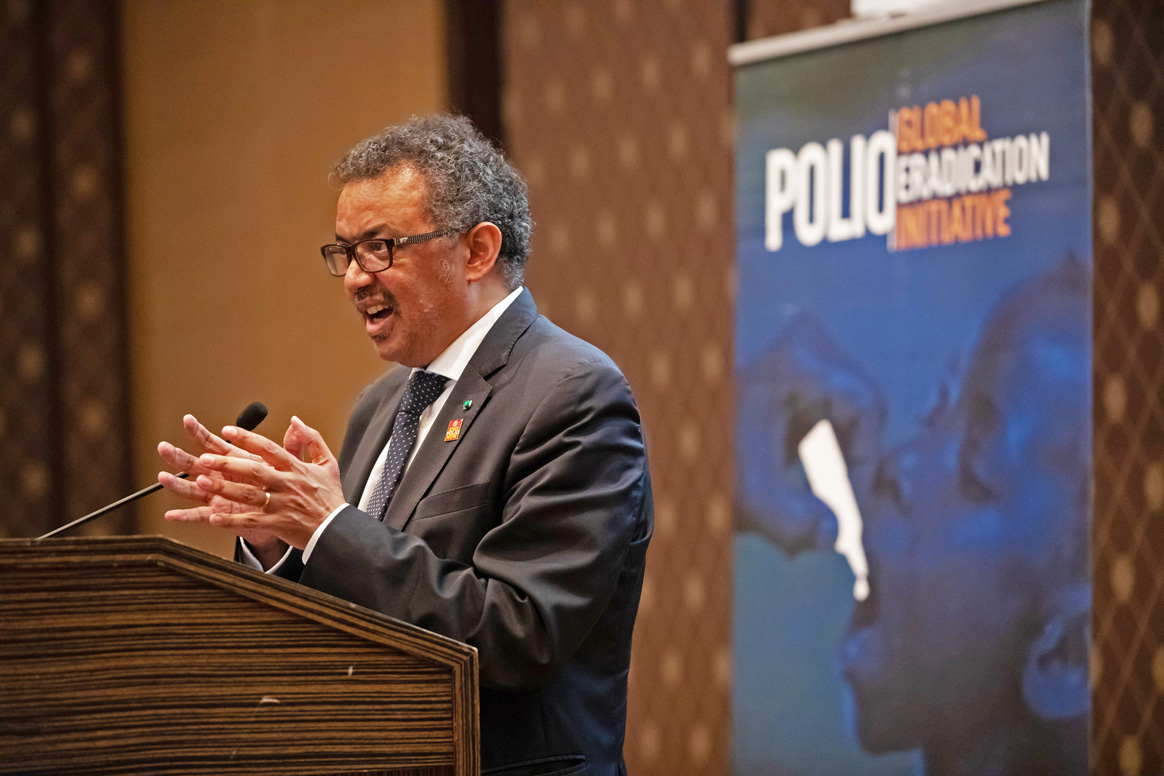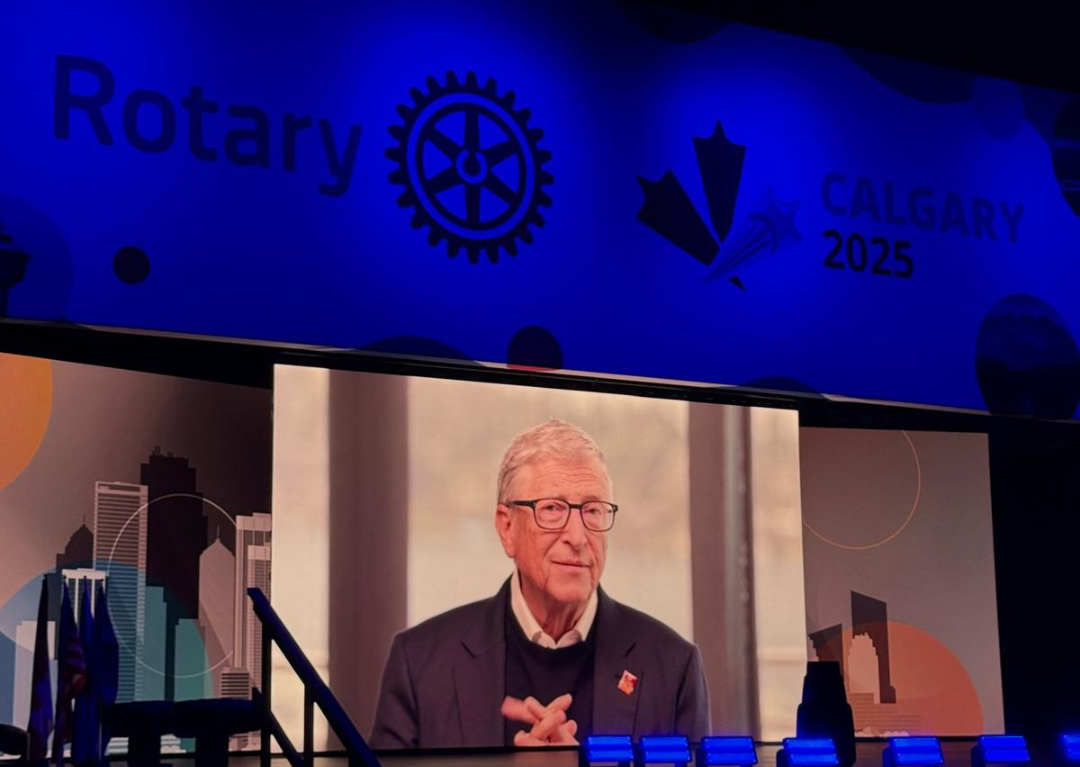SAGE sizes up polio eradication.
During a Supplementary National Immunization Days, Kano Nigeria.
The strategy to eradicate the remaining strains of wild poliovirus was discussed at length during the meeting of WHO’s Strategic Advisory Group of Experts on immunization (SAGE) held from 8-10 November in Geneva.
Reviewing the latest global epidemiology, SAGE expressed alarm that the risk of failure to finish global polio eradication constitutes a programmatic emergency of global proportions for public health, and was not acceptable under any circumstances. Failure, SAGE warned, would lead to a major resurgence of the disease with many children crippled for life again every single year. At the same time, it would also represent the most expensive public health failure in history, with far-reaching consequences on overall global immunization efforts, seriously undermining the credibility of public health efforts with donors and stakeholders.
SAGE urged that rapid steps be taken to tighten accountability for programme and individual performance within governments as well as implementing and donor agencies, to ensure that more children are reached during eradication strategies and that the effort is fully financed. “There must be consequences at all levels for individuals, institutions and governments who fail to deliver on their mandate,” SAGE reported.
Given the ongoing international spread of poliovirus from infected areas, SAGE encouraged the application of appropriate vaccination recommendations for all travellers to and from polio-infected areas. At the same time, SAGE stressed that communities and civil societies must be engaged and mobilized to put pressure on governments to ensure that they remain committed to the disease’s eradication. SAGE recommended that polio-infected countries be requested to submit an annual progress report to the World Health Assembly.
The report of the meeting will be published in the WHO Weekly Epidemiological Record on 6 January 2012.
The meeting documents ― including presentations and background readings ― can already be found on the web.


